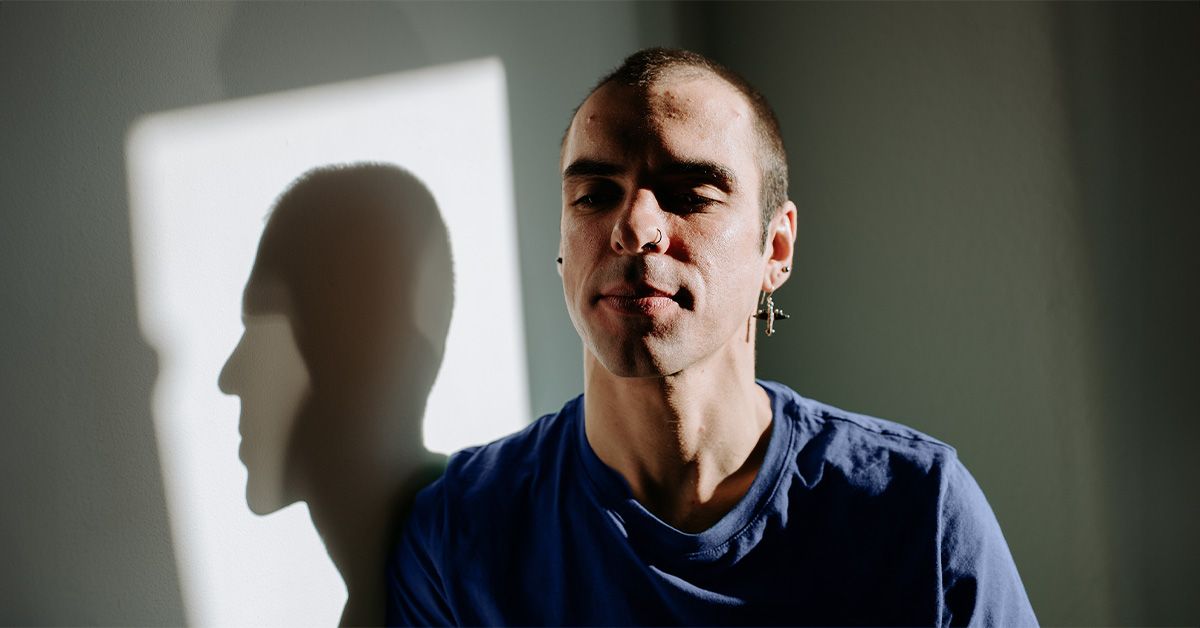- Ulcerative colitis is a type of inflammatory bowel disease (IBD) and often involves unpleasant digestive symptoms such as pain, cramping, and diarrhea.
- Researchers are interested in finding the most effective medications to treat ulcerative colitis.
- One study found that the medication tulisokibart may help people with moderate to severe ulcerative colitis achieve clinical remission.
A study published in the New England Journal of Medicine reported the recent testing of an anti-TL1A monoclonal antibody that could help treat ulcerative colitis.
The researchers measured the effectiveness of the drug tulisokibart in helping participants achieve clinical remission. The phase 2 trial found tulisokibart superior to the placebo in treating moderate to severe active ulcerative colitis.
Future research can confirm these findings, allowing the drug to move towards approval by the Food and Drug Administration (FDA).
People with ulcerative colitis can experience times when inflammation gets worse and when inflammation gets better. Medications can help people with ulcerative colitis remain in remission.
However, as noted by the current trial’s authors, certain medications are not always effective in helping some people achieve clinical remission. They note it’s important to develop new approaches to help people who have not responded to conventional therapy.
Study author Bruce E. Sands, MD, MS, with the Division of Gastroenterology Mount Sinai Health System, explained the following to Medical News Today:
“There has been a great deal of progress in developing new, more effective and safe agents to treat inflammatory bowel diseases (Crohn’s disease and ulcerative colitis) over the last 20 years. Yet despite the approval of multiple new classes of agents — both small molecules and biologics — there is still a plateau of efficacy in that less than 50% of patients achieve remission at a year. Additionally, disease may progress over time, and for many patients that occurs because of fibrosis of the bowel, which is not directly addressed by any existing therapies.”
This trial utilized the medication tulisokibart. The action of this medication has to do with a specific cytokine called human tumor necrosis factor-like cytokine 1A (TL1A).
“TL1A is in the tumor necrosis factor superfamily of cytokines, is elevated in patients with inflammatory bowel disease (IBD), and is directly implicated in the causation of IBD by genome-wide association studies,” Sands explained.
Researchers wanted to see how well this medication helped people with active moderate to severe ulcerative colitis achieve clinical remission.
Participants in the trial were ages 18 or older and either had a dependence on glucocorticoids for treatment or had not had success with certain medications for ulcerative colitis treatment.
The study was a double-blind, placebo-controlled trial that had two cohorts. The first cohort included 135 participants. With this cohort, researchers included participants without regard to the likelihood of response to this type of medication. The second cohort only included participants researchers believed were likely to experience a response based on results from a genetic-based diagnostic test. Cohort two included forty-three participants.
Researchers were able to look at data from all participants who tested as likely to respond to the medication from cohorts one and two in certain analyses.
Participants were randomized to receive either intravenous tulisokibart or the placebo on the first day of the study, at two weeks, at six weeks, and at ten weeks. The first dose of tulisokibart was 1,000 mg, and the subsequent doses were 500 mg.
Researchers collected daily data from participants on rectal bleeding and stool frequency. All participants also underwent endoscopies with biopsies to get baseline data, and at the 12-week mark. The main endpoint was clinical remission, but researchers also looked at components like symptomatic remission and endoscopic improvement.
Overall, researchers found that tulisokibart was superior to the placebo. In the first cohort, they found that 26% of participants who received tulisokibart achieved remission compared to 1% of the participants who received the placebo.
They also found that tulisokibart outperformed the placebo for the study’s secondary endpoints. For example, they found that 66% of participants who received tulisokibart achieved a clinical response compared to only 22% in the placebo group.
Clinical remission was higher in the intervention group when looking at participants from both cohorts who tested positive for the likelihood of a response. Among the intervention group, 32% of participants achieved clinical remission compared to 11% of the participants who received the placebo. However, the amount of endoscopic improvement observed was not significant. Because of this, researchers noted that they stopped with the hierarchical testing sequence and considered the subsequent analyses exploratory.
Among all cohorts, the number of adverse events was similar between the intervention and placebo groups.
Sands noted the following highlights of the study’s findings:
“In a relatively refractory group of patients with moderate to severely active ulcerative colitis, many of whom had failed one or more advanced therapies for UC, tulisokibart had a high level of efficacy, and was superior to placebo in achieving clinical remission at 12 weeks by 25%. This rate of clinical remission is similar to what is seen with upadacitinib, a JAK1 inhibitor that is approved for UC, and which is currently our most effective agent. Yet the safety of tulisokibart at 12 weeks appeared to be comparable to placebo.”
This research is another step in expanding the options available to treat ulcerative colitis. However, the study does have limitations, some of which further research can address. First, some data relied on participant reporting. However, this was paired with getting endoscopies and biopsies to measure medication effectiveness.
Some participants were on additional medications throughout the study, which could have affected the results. However, researchers were able to conduct subanalyses because of these differences among participants.
The research also included a small number of participants, which means that future research may benefit from larger samples. Researchers also only had 75 participants who tested positive for a likeliness of response to the medication. They had estimated they would need 80 to achieve “at least 80% statistical power for analysis of clinical remission at a two-sided significance level of 0.05.”
The study also only ran over twelve weeks, so more long-term follow-up may be warranted. More research is also needed to see if the genetic-based diagnostic test used in this study would be helpful in guiding the treatment of medications like tulisokibart.
Researchers’ analysis of participants who had the positive test for the likelihood of response was small and from two cohorts. So, they concluded that the results were limited by the small number and that there may be selection bias. Finally, researchers acknowledge that their trial is inadequate in evaluating tulitsokibart’s therapeutic index.
While it will take some time and more research, doctors may eventually use tulisokibart in clinical practice to help treat moderate to severe ulcerative colitis.
“This was a phase 2 study. Tulisokibart is currently entering a phase 3 program. If successful, the drug would then undergo FDA review,” Sands noted.
Regardless, the data from the current trial is a good next step toward providing another medication option for people with ulcerative colitis.
Mejdi Ahmad, MD, a board certified gastroenterologist with Medical Offices of Manhattan, who was not involved in the study, noted the following to Medical News Today:
“The trial’s findings demonstrate that tulisokibart, a tumor necrosis factor-like TLA IA monoclonal antibody, may produce beneficial clinical remission in moderate ulcerative colitis patients compared to placebo. However, clinical remission is achieved in almost one-third of a cohort of likely responders, compared to 11% who were treated with placebo. The trial shows us that future targeted therapy may yield therapeutic results similar or possibly greater than the current therapeutic drugs in use today.”
Read the full article here
















